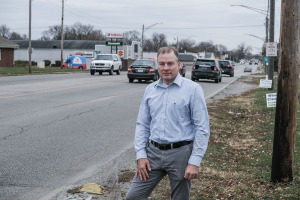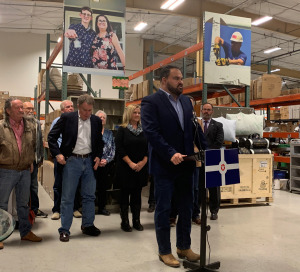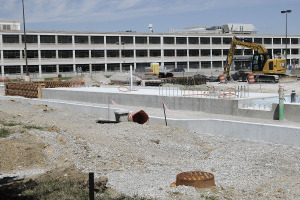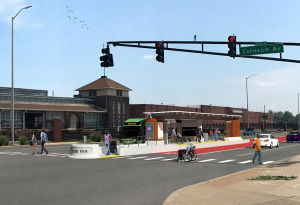
Lucas Oil Stadium to host Saturday events for 2024 NBA All-Star Weekend
Event organizers plan to use the south end of Lucas Oil to accommodate 35,000 spectators for on-court activities, including the Slam Dunk competition, the 3-Point Contest and the Skills Challenge.













